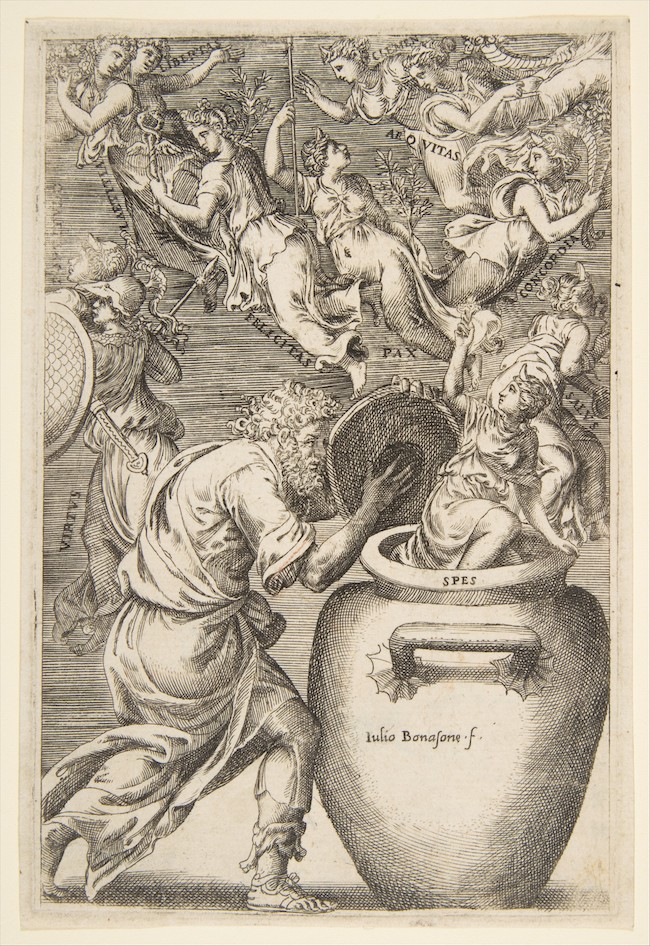Miles Budimir • Senior Editor
As our editorial team was preparing this year’s Motion Systems Handbook, covering the basics of motion technologies as well as their ongoing evolution, I began to wonder about the origins of the technology we cover. This got me thinking about the idea of control systems and automation more generally.
This wonderment intersected with some of my summer reading, in particular Adrienne Mayor’s absorbing book Gods and Robots, subtitled “Myths, Machines, and Ancient Dreams of Technology.” One of the most revealing features of the book is that Mayor recounts, in great detail, vivid examples from the ancient Greek world of what we would recognize as some of the first automated systems. We discover that the ancient Greeks conceived of many of the technologies that we’re familiar with today – the desire for flight, animated statutes (proto-robots), artificial life forms, biological enhancements to human bodies, and more.

The stories and myths in which these technologies appear, in fact, continue to enthrall us today. In many ways, they functioned as some of the earliest forms of science fiction by taking the actual state of things and imagining how a small change here or there or the addition of a new technology brings about a new reality in some at first exciting but then quickly terrifying way.
The myths served many functions, one of which was as cautionary tales and lessons about our own humanity, reminding us of the price paid for acting on our desires. Take, for instance, the story of Prometheus, and his lesser-known brother Epimetheus. Prometheus (meaning “forethought”) is portrayed as the helper of humanity, giving them the gift of fire that enables human progress and civilization. His brother Epimetheus (meaning “afterthought”) in some stories is made responsible for all of humanity’s problems having thoughtlessly accepted the gifts of Pandora from the gods.
However, even the story of Prometheus contains within it an ambivalent attitude towards human curiosity, that which propels science and knowledge, but also is not without often unintended, undesirable consequences.
Not surprisingly, a quick glance at science fiction writing over the years reveals a related concern with unintended outcomes of technological development. In the early 19th century, it was Mary Shelley’s Frankenstein (originally subtitled “The Modern Prometheus”), with its anxieties about the consequences of the industrial revolution. In the aftermath of World War II and the development and use of nuclear weapons, it was the Japanese figure of Godzilla that projected the fears of the new nuclear age. Today, countless stories and movies portray our collective anxieties about the rise of robots and artificial intelligence. We’re even seeing some observers questioning the value of social media given the hatred and intimidation it aids in spreading across the internet and into the real world.
The ancient Greek myths remind us that the desire to automate processes, to create artificial life forms that would do our bidding and make our lives easier is as old as human civilization itself. And yet, the dark side of the myths were there to warn humans, reminding them of the things that they’d perhaps not want reminded of; the persistence of human shortsightedness, ignorance, and other darker, destructive motivations.
Today, as humans attempt to come to terms with the negative consequences of climate change including the ways in which our industrial activity has altered the planet, we need to think now more than ever about the consequences of our technological development. These ancient lessons are something humans in the 21st century should not forget as we continue to build versions of our own imagined worlds.


Leave a Reply
You must be logged in to post a comment.